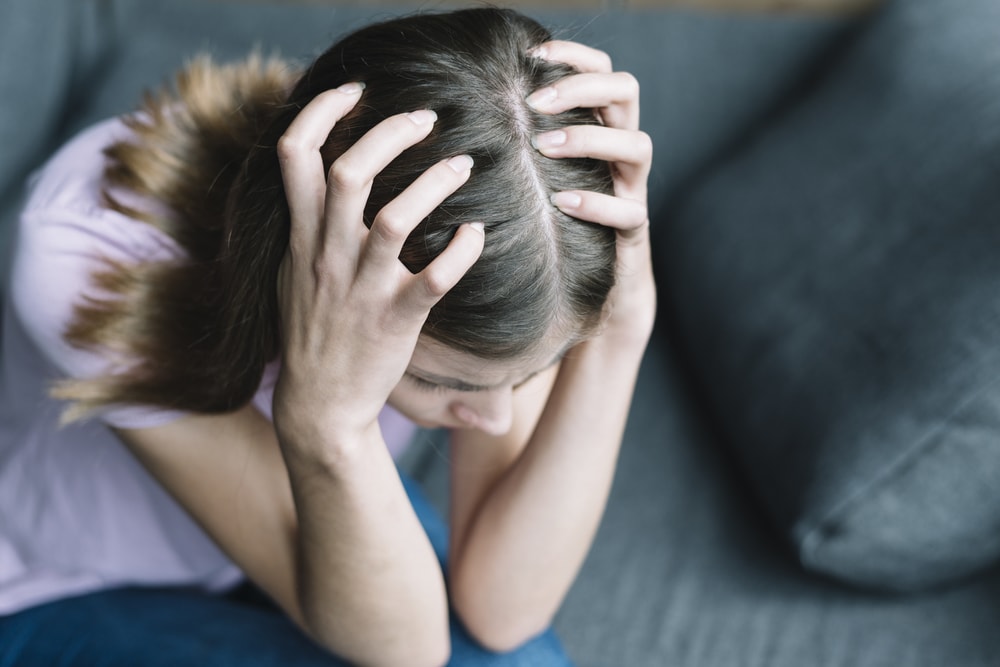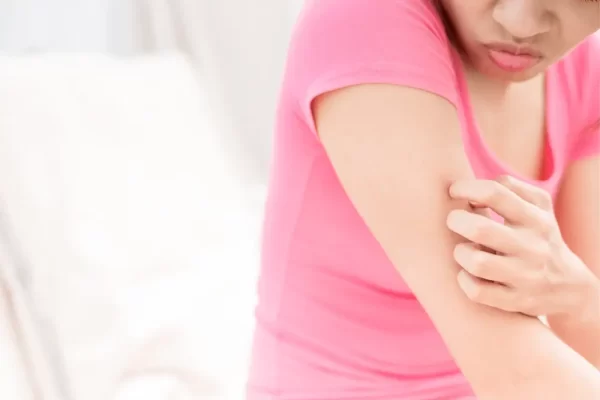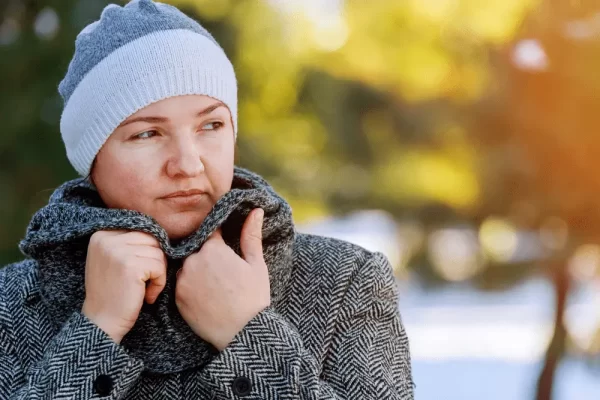Scalp itchiness could be really annoying and sometimes painful too. The itchiness inside on our heads is generally more focused on too much Dandruff or maybe lice as well, but have you ever considered that itching on your scalp can have more than just a usual reason for Dandruff.
Scalp Itching is also known as Scalp Pruritus, could have many reasons and signs of other infectious diseases such as Ringworm or maybe an autoimmune infection. In the end, our immune supports every inch and functioning of our system, even the hair.
Due to this sudden itchiness on your scalp if it persists, it could lead to redness, maybe the loss of hair, even balding. All these results are a common sight on those who suffer from severe itchy scalp. One must visit a skin expert to understand what is causing your scalp itchiness so much that it sometimes becomes impossible to sit stable at one place with so much itchy feeling.
It is easy to keep sitting and predicting that most probably, the itchiness of the scalp is due to severe Dandruff. Still, even Dandruff could cause serious damage to your hair and could convert into an infectious disease. When we are to believe in the age-old methods of reducing the itchiness, deeply rinsing your hair with a good shampoo can do tricks to keep your scalp itch-free for a longer duration,
But, wouldn’t this be much easier if you could understand the various causes of this itchy scalp, which could probably help you select the correct remedy for your hairs and scalp are. This article would help you understand the various causes of Scalp Pruritus and what are the best natural solution to make things much cleaner and better for your scalp.
Understanding the Causes & Symptoms of Itchy Scalp
1. Allergic reactions because of any Shampoo or Food
This is the most common reason behind itchiness on your scalp; still, people choose to believe that it is Dandruff that is causing the itchiness probably. Allergic reactions or fungal infections tend to happen even on our skin as we apply any cream or other form of chemical, so why not the scalp?
Maybe you have been using any shampoo, or you just got your hair colored, and the chemical isn’t the thing for your skin. So allergic reaction begins to happen; the end-result is itching and then progressing towards hair damage. Another possibility could be an allergic reaction to some food or the ingredients in it, such as added sugar preservatives, peanuts, etc.
The best advice of a medical expert would be to shift to some other shampoo and stop consuming those ingredients that could cause another allergic reaction. The things might then become a little bit better and tolerable, and if it doesn’t work, there are specific shampoo or treatment which your dermatologist could ask to use.
2. Presence of any Autoimmune Disease
A person who has Psoriasis could show specific symptoms of Psoriasis that include the itchiness of the scalp, reddish appearance, and scaly patches either on the skin or on the scalp. Even though Psoriasis is a hereditary disease, it is still chronic.
Experts are still unable to identify the exact cause behind the disease; it is just that the development of the disease even in 2-3 percent of individuals could probably show signs of itchy scalp, and the other 7 percent might not show signs of development of the disease. Treating the disease and not leaving it unnoticed could help in the betterment of the condition.
3. Dandruff and Seborrheic Dermatitis
Our body has yeast in all those parts where there are more amount of hairs present. But several times, the excessive- amount of yeast in those areas could lead to flaky skin and itchiness, which happens due to a particular category of yeast known as Malassezia, which produces extra skin cell growth over the surface that turns out to appear flaky and itchy, also known as Dandruff.
On the other hand, Seborrheic belonging to the same family as Dandruff does it could be more severe than Dandruff as Seborrheic Dermatitis reaches to other parts of the body, causing inflammation along with other symptoms of itchiness and scaly patches.
Experts believe that the severity of Dandruff and Seborrheic Dermatitis differs from a person’s emotional stress, immune system, and other factors.
4. The Presence of Ringworm (Tinea Capitis) or Lichen planopilaris
The deeper reach of a fungal infection towards the hair follicle is known as Ringworm. It can cause disease in the scalp and could lead to hair loss in round patches. It first appears as a raised rash and could further develop into a stubbly appearance. The disease could be witnessed in a man’s beard or his private areas. The athlete’s foot is another fungal infection from Tinea Capitis, which occurs between toes.
A fungal infection could be the reason for an ignorant lifestyle, such as keeping your skin wet for a more extended period, or maybe excessive sweating could be amongst other reasons. Fungus generally survives on dead skin tissue, and they become parasites to the extent that it turns out to be an infection. Ringworm could also be why not taking a bath often, and accumulated dirt on your body leads to a fungal infection.
Ringworm could spread through animal contact or from a human who has already been suffering from that fungal disease. Lichen planopilaris is somewhat the same as Ringworm, and it is most likely to occur in the scalp causing hair loss in patches.
What could be the possible natural remedy to cure Scalp Itching?
Some of the natural remedies and tips to reduce itchiness in the scalp can include:
- Try to be as hygienic as possible with your care items. When a fungal infection like Tinea Capitis occurs due to coming in contact with an infected person, it would be best to separate your comb, hairbrushes, or any other personal care stuff away from them and not let anyone borrow it.
- Try using homemade hair masks, such as Honey, banana, and Avacado scalp mask is prescribed most of the time for healing an infected or itchy scalp. Experts believe that Honey has some microbial organisms in it, which is famous for its healing qualities. Hence, making a mask out of these three ingredients could reduce a flaky and itchy scalp.
- Yoga, Tai Chi & other sorts of exercise has been proved to help inflammation associated with an itchy scalp. As this itchy, flaky scalp depends on the stress, we take in our everyday life, meditating, stretching, and exercising could help in the proper flow of blood into our brain and hair, reducing stress to lessen this itchy scalp.
- Try to avoid putting or using too many chemicals in your hair. The chances are that too much oily scalp could lead to dead skin cells and flaky scalp in return. Try to use natural products and if you have time, make your conditioner or shampoo; there are plenty of recipes available on the search engine; you need to choose which would suit your hair.
- Avoid eating food, increasing this inflammation after all, mind, body, and hair are all connected. If one is affected, the other might suffer as well. Try to eat as healthy and leafy as possible.
All these methods can help solve the problem of an itchy scalp, which could also strengthen your hair and make it more beautiful and healthy.




